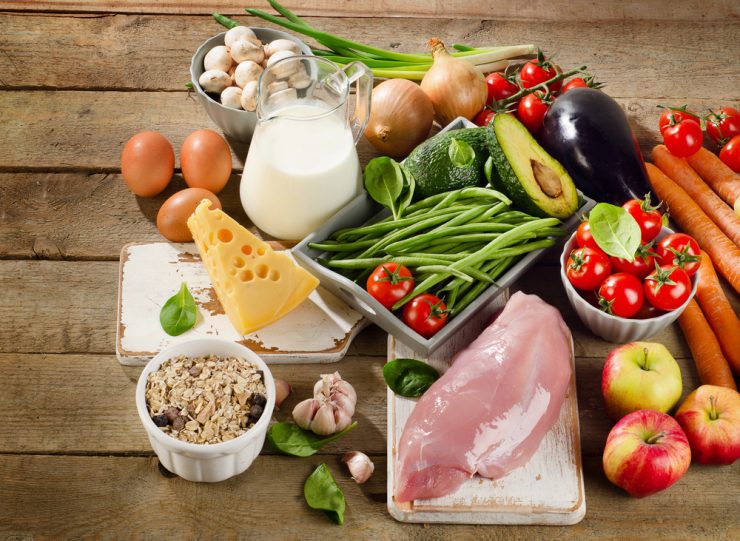This year’s Healthy Eating Week organised by the British Nutrition Foundation runs from 11th– 15th June. It aims to encourage, educate and motivate us all to eat and drink more healthily, become more active and enjoy cooking. Last year many schools and businesses got involved and arranged healthy eating weeks within their organisations.
Alongside eating plenty of colourful vegetables and eating a well-balanced diet, what else can we do to improve our healthy eating? Clinical Nutritionist Suzie Sawyer explains.
GET IT RIGHT FROM THE START
The importance of eating breakfast cannot be over-emphasised. If you start the day right, eating is often better throughout the day. Blood sugar levels are low first thing, which means brain function and energy will also be low. If you just grab a coffee on the run, blood sugar levels will soar and by 11 am you’ll be starving and losing concentration.
The best breakfast should contain some protein and/or slow-releasing carbohydrates. Good options include eggs (cooked however you like) with some wholemeal or rye toast, porridge sprinkled with a few nuts and seeds or natural yoghurt with fruit and seeds. Every meal is an opportunity for the body to take on board nutrients. The body actually needs a whopping 45 nutrients a day. If you’re skipping meals, you’re missing out on the chance to stock up on these all-important nutrients.
CHECK THE LABEL
People trying to lose weight often cut out fatty foods, which is a good plan. Reducing butter, cutting back on red meat (especially processed meats such as bacon and ham), cheese and fat-laden meals helps to reduce high blood fat levels. However, many foods labelled as low fat, such as yoghurts, are often filled with sugar or sweeteners. Unfortunately, sweeteners may be low in calories, but they still upset blood sugar balance, which makes weight loss more difficult. Moreover, the body just keeps craving more and more sugary foods so the cycle continues.
The other problem is that the body actually needs certain fats regularly; the essential omegas 3 and 6 fats have to come from our diet because our bodies can’t make them. People will often read a label on the packaging around salmon, for example, and decide against buying it because the fat levels look too high. But salmon is such a rich source of omega-3s that it shouldn’t be left on the supermarket shelves. Generally speaking it is sugar, not fat that’s the problem!
DITCH THE PROCESSED FOODS
Clearly, supermarkets are laden with processed foods because we – the public – demand them. And, of course, there are some ‘healthy’ options that appear to be free of additives and other nasties. However, the main problem with these meals is that they will be lacking in the essential nutrients that are only found in ‘real’ foods.
And there is another problem. These foods are processed and refined and although we burn calories (or energy) when we eat, this is not the case with pre-packed foods. As a result you’re actually eating more calories because you don’t need to burn many to consume them. It’s so much healthier to eat foods in their most natural state, just as nature intended!
So jump on board with Healthy Eating Week and make it the start of a healthier life. Find out more by visiting the British Nutrition Foundation Website.
























I am constantly invstigating online for tips that can benefit me.
Thank you! https://lifefloketo.org/
I am constantly invstigating online for tips that can benefit me.
Thank you! https://lifefloketo.org/
As a Newbie, I am permanently searching online for articles that can be of assistance to me. Thank you